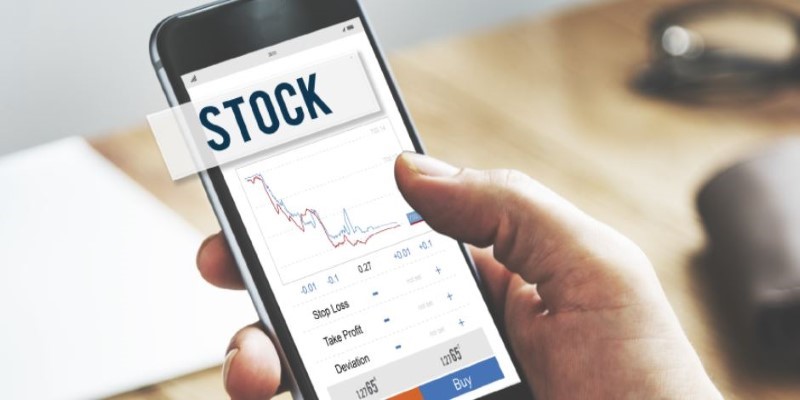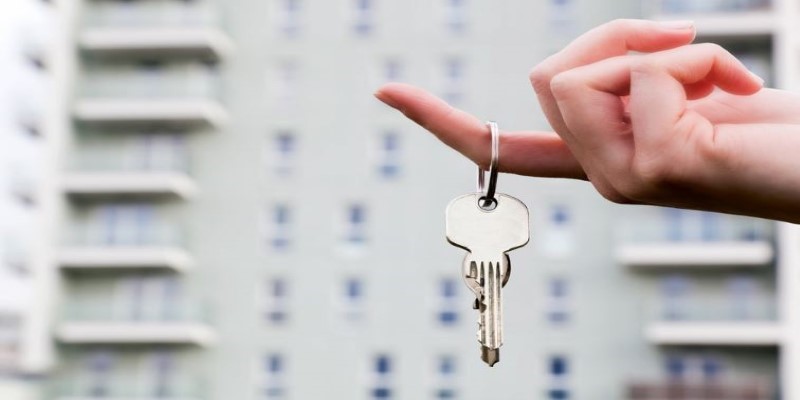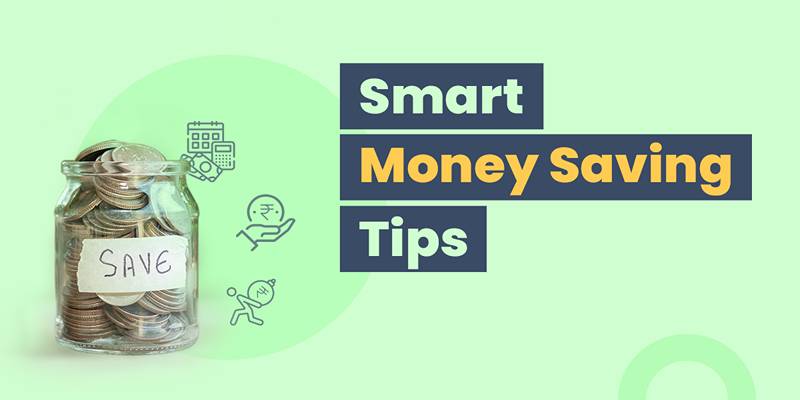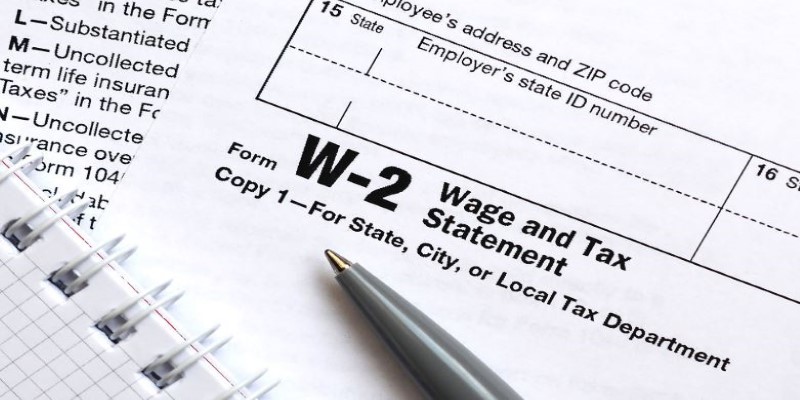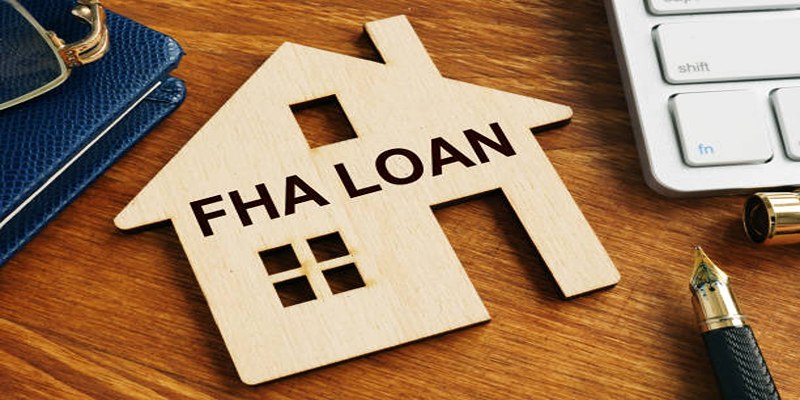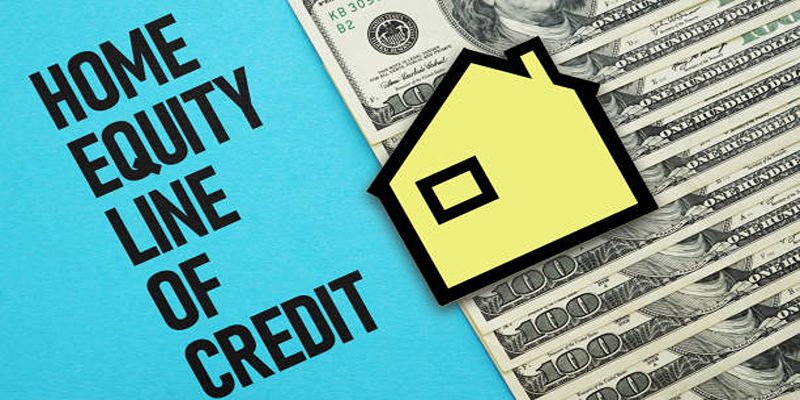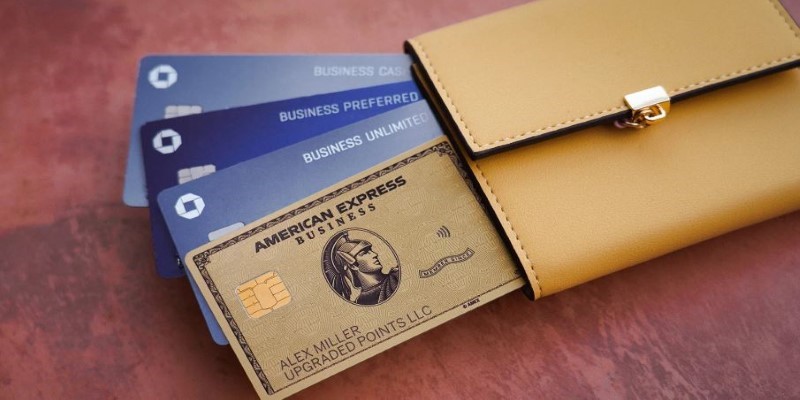Your home isn't just a place to live—it’s also a powerful financial asset. A cash-out refinance lets you tap into your home’s equity by replacing your current mortgage with a larger loan, giving you the difference in cash. Whether you’re tackling home renovations, consolidating debt, or handling unexpected expenses, this option can provide much-needed funds.
However, cash-out refinancing may have a higher interest rate, so it's important to consider the advantages and disadvantages. Knowing how it works and at what cost can help you decide if it's the financial choice for your circumstances.
What is a Cash-Out Refinance?
A cash-out refinance enables homeowners to tap the equity in their home by substituting their current mortgage with a new, bigger loan and pocketing the difference. This type of option allows you to borrow against the value you've accumulated in your property to pay for significant outlays, including home renovation, debt consolidation, or unexpected expenses.
As opposed to a traditional refinance, where you are concentrating on locking in a reduced interest rate or adjusting terms, a cash-out refinance boosts your loan amount to supply additional money. Borrowing capacity is determined by your house's value on the current market and how much equity you've established.
While this might be a handy financial tool, there are the possible trade-offs to keep in mind. Cash-out refinancing tends to have higher interest rates and can cause your monthly payment to rise. Also, using your house as collateral and not being able to make payments could jeopardize your property. Knowing the positives and negatives will help you know if this option is right for your financial goals.
Current Cash-Out Refinance Rates
Cash-out refinance interest rates can vary depending on a variety of factors, such as economic trends, the lender you go through, and your financial profile. Cash-out refinance interest rates tend to be higher than regular mortgage rates since lenders see them as riskier. That's because you're taking out more money than you have invested in your house, which means the loan-to-value (LTV) ratio is higher.
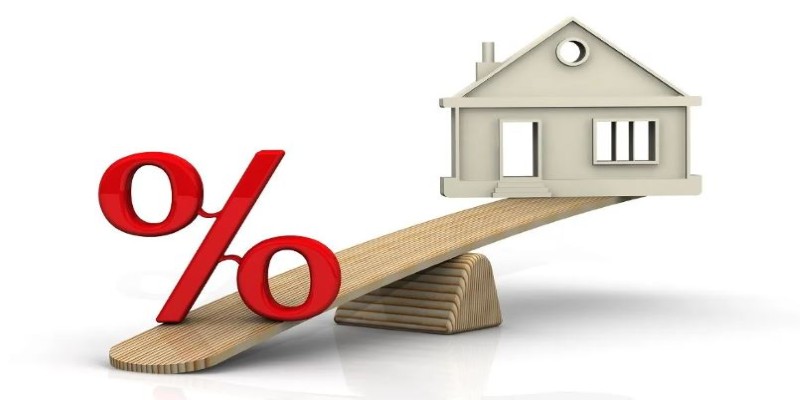
Your LTV ratio, credit score, and the amount of equity you have in your home will influence the rate you're offered. If you have a higher credit score and more equity, you’re more likely to secure a better rate. Right now, refinance rates are competitive, but they are subject to change based on the overall state of the housing market and broader economic trends. It's a good idea to shop around and compare rates from different lenders, as even a small difference in interest rates can save you a significant amount over the life of the loan.
Pros and Cons of Cash-Out Refinancing
Like any financial decision, cash-out refinancing has advantages and disadvantages. Let's examine both sides.
Pros
Access to Cash: The most significant advantage of a cash-out refinance is that it provides access to cash, which can be used for various purposes, such as home improvements or debt consolidation.
Potentially Lower Interest Rates: If you can secure a favorable interest rate on your new loan, you might be able to save money on interest, particularly if you consolidate high-interest debt like credit cards.
Tax Benefits: In some cases, the interest on a cash-out refinance may be tax-deductible if the funds are used for home improvements, but it's crucial to consult with a tax professional to confirm this.
Debt Consolidation: For homeowners with high-interest debt, cash-out refinancing can help consolidate those debts into one loan, which may make it easier to manage payments.
Cons
Higher Loan Balance: The downside of cash-out refinancing is that you’re increasing the size of your mortgage. If property values decline or you encounter financial difficulty, you could end up owing more than your home is worth.
Closing Costs: Like any refinance, closing costs can range from 2% to 5% of the loan amount, which can be a significant upfront cost.
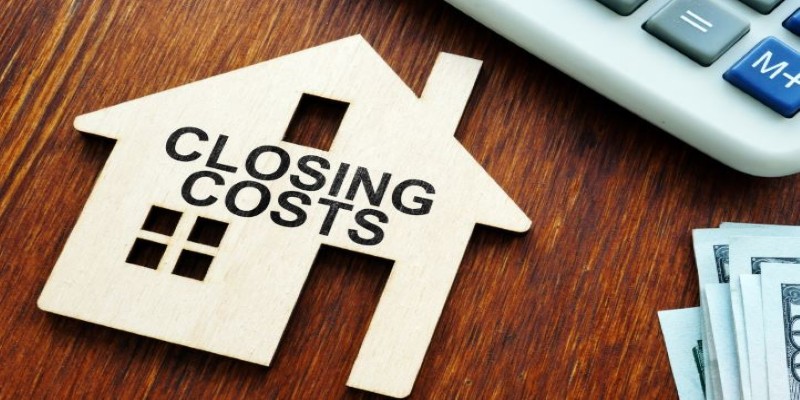
Longer Loan Term: Many homeowners who pursue a cash-out refinance end up with a longer loan term, which means they may pay more interest over the life of the loan.
Are You Eligible for Cash-Out Refinancing?
To qualify for a cash-out refinance, homeowners must meet certain requirements set by lenders. The first and most important factor is having sufficient equity in your home. Generally, lenders require that you have at least 20% equity in your home to be eligible for a cash-out refinance. Your credit score also plays a crucial role in the approval process.
While some lenders may accept a score as low as 620, a higher score will likely result in better terms. Another factor lenders will assess is your debt-to-income ratio (DTI), which is the percentage of your monthly income that goes toward paying your debts. A lower DTI is typically more favorable.
Finally, lenders will check your mortgage payment history. If you are current on your mortgage payments and have a clean record of paying your bills, you're more likely to be approved. Understanding these eligibility requirements can help you determine whether a cash-out refinance is a viable option for you.
Conclusion
Cash-out refinancing can be a powerful financial tool for homeowners looking to access the equity in their homes. Whether you’re consolidating debt, funding home improvements, or managing major expenses, it provides an opportunity to leverage your home’s value. However, it’s crucial to understand the risks, particularly the potential for a larger loan balance and the impact it can have on your financial future. By carefully evaluating your needs, current rates, and eligibility requirements, you can make an informed decision about whether cash-out refinancing is right for you. Remember to shop around for the best rates and consult with financial professionals to ensure you're making the best choice for your long-term financial goals.


